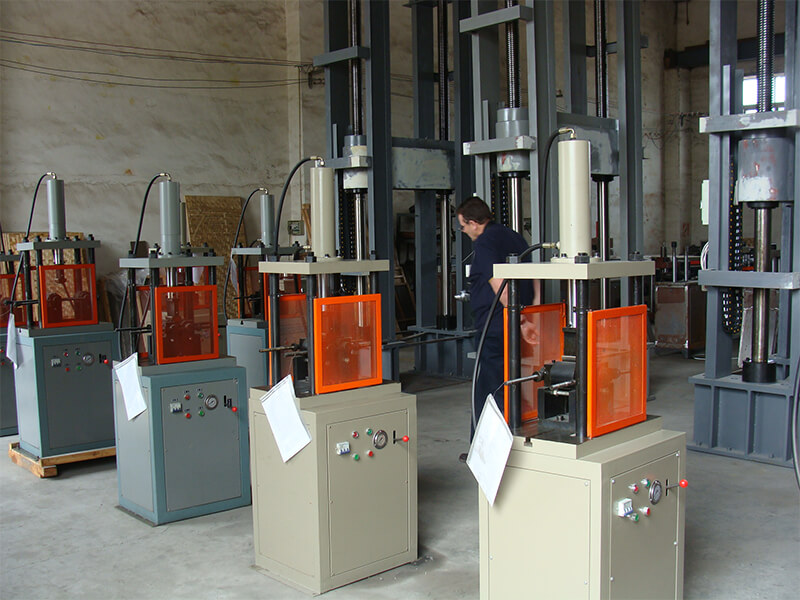നവം . 24, 2024 10:22 Back to list
Durable Cast Iron Tubes for Various Industrial Applications and Projects
The Versatility and Durability of Cast Iron Tubes
Cast iron, a material renowned for its strength, durability, and resistance to wear, has been a staple in various industries since its inception in ancient times. Among its many applications, cast iron tubes stand out as versatile components widely used in plumbing, construction, and mechanical engineering. This article explores the properties, benefits, and applications of cast iron tubes, shedding light on why they remain a preferred choice for engineers and builders worldwide.
Properties of Cast Iron Tubes
Cast iron is primarily made from a mixture of iron, carbon, and silicon, processed at high temperatures to achieve a dense and durable structure. The manufacturing process of cast iron tubes typically involves casting molten iron into molds to form the desired shapes. The most common types of cast iron include gray iron, ductile iron, and white iron, each with its unique properties.
1. Strength and Durability Cast iron tubes are exceptionally strong and can withstand heavy loads and harsh conditions. Their ability to resist deformation makes them suitable for applications where structural integrity is crucial.
2. Corrosion Resistance While cast iron can oxidize, its natural protective layer typically helps it resist corrosion better than many materials. When properly treated or coated, cast iron tubes can last for decades, making them a cost-effective choice in the long run.
3. Thermal Conductivity Cast iron has good thermal conductivity, making it ideal for applications involving heat transfer, such as in heating systems or exhaust pipes.
4. Sound Dampening The dense composition of cast iron also contributes to its sound-absorbing qualities, making cast iron tubes an excellent choice for construction applications where noise reduction is essential.
Benefits of Using Cast Iron Tubes
The advantages of using cast iron tubes extend beyond their mechanical properties
. These tubes offer numerous benefits that make them appealing to various industries.1. Longevity Cast iron tubes can last for several decades with minimal maintenance. Their longevity reduces the need for frequent replacements, thereby lowering long-term costs.
2. Sustainability Cast iron is a recyclable material, making it an environmentally friendly choice compared to some synthetic alternatives. Utilizing cast iron tubes can contribute to sustainable building practices.
cast iron tube

3. Versatility Cast iron tubes can be manufactured in various sizes and thicknesses, allowing them to be tailored to specific applications. This versatility means they can be used in everything from residential plumbing to industrial piping systems.
4. Resistance to High Temperatures Cast iron tubes can withstand high temperatures without compromising their structural integrity. This property makes them suitable for applications involving heat, such as in ovens or exhaust systems.
Applications of Cast Iron Tubes
The applications of cast iron tubes are extensive, spanning multiple industries. Some notable uses include
1. Plumbing Cast iron pipes have historically been employed in municipal sewage systems and plumbing due to their structural durability and resistance to corrosion. They are often used in vertical risers and underground waste lines.
2. Construction In construction, cast iron tubes serve as essential components in structural framing, load-bearing walls, and facades. Their ability to support heavy loads makes them ideal for high-rise buildings and bridges.
3. Mechanical Engineering Cast iron tubes are frequently utilized in mechanical engineering for producing machinery parts and components. Their strength and resistance to wear make them suitable for high-stress applications.
4. Heating Systems The excellent thermal conductivity of cast iron makes it a preferred choice in heating systems, including radiators and steam pipes, where efficient heat distribution is essential.
5. Industrial Applications Many industries, including automotive and aerospace, use cast iron tubes for their ability to withstand extreme conditions and heavy loads.
Conclusion
Cast iron tubes are a testament to the material’s enduring relevance in modern engineering and construction. Their remarkable properties, including strength, durability, and resistance to wear and corrosion, make them a preferred choice across various applications. As industries continue to evolve, the versatility of cast iron tubes ensures that they will remain a valuable resource for builders and engineers worldwide, proving that this time-tested material can still meet the demands of the 21st century.
-
OEM Cast Silicon Aluminum Alloy Heat Exchanger | Custom & High Performance
NewsAug.25,2025
-
Centrifugally Cast Iron Water Main Pipe | Ductile Iron Solutions
NewsAug.24,2025
-
Durable Cast Steel Concrete Pipe Mold Bottom Rings & Base Trays
NewsAug.23,2025
-
Centrifugally Cast Iron Water Main Pipe for Reliable Mains
NewsAug.22,2025
-
Durable Centrifugally Cast Iron Water Main Pipe
NewsAug.11,2025
-
Centrifugally Cast Iron Water Main Pipes for Reliability
NewsAug.10,2025


